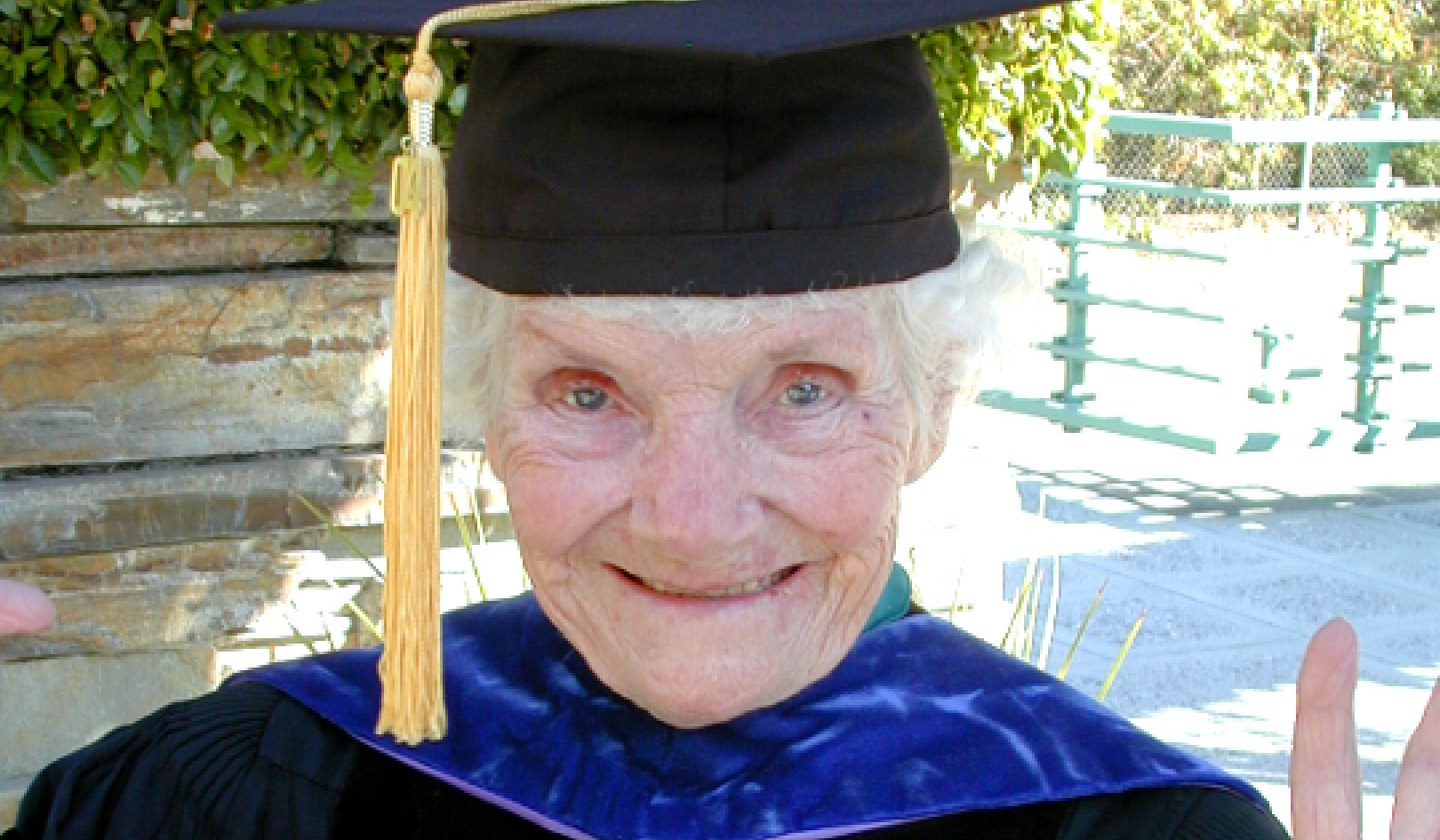
Image by Toàn Lê
Let's look at some concrete examples of how parental attitudes tend to shape children's sexual identities. Certainly the lack of emotional affection and touch in many homes causes some youngsters to fail to relate sexuality and affection and such parental modeling can cause later sexual confusion. How parents treat the sexual interests and play of children can also have a profound effect upon the adult lives of those children.
Parental Influence
In one family we knew well, the parents expressed horror when their five year-old son and a neighborhood girl were exploring their genitals, but no explanation was given. Then they showed equal horror when their son five or six years later was discovered in some homosexual play. Again tears and horror, but no explanations. Then to put the frosting on the cake, they expressed their thorough disapproval of the girl that this boy began to date as a teenager. Again, they did not explain (indeed, there was never ever any discussion of sexuality). This disapproval blocked the young man's natural heterosexual drive. He had several homosexual episodes in his life before he realized that he really preferred a heterosexual adaptation. If the family had taken the son aside and said, "We are afraid this girl's family wants to corral you for the sake of prestige and money, and you know, sex is a pretty powerful force. Let's talk about setting some limits..." But no, the parents simply chopped off the heterosexual inclinations the teenager had.
Another example of sexual confusion occurred when the parents took in a teenage girl the same age as their son. The girl was the most attractive young woman in his high school, so naturally he was sexually drawn to her. However, she was out of bounds for him; she was not to be touched. She was his sister and she wasn't his sister. The boy's natural heterosexual development was set back by this confusion in relationship. The situation could have been discussed and been a helpful experience; instead it became a roadblock in the teenager's masculine development.
One man, remarkably successful financially, once told us with pride that he had used a book on dog training as his guide in raising his five children. He also provided them handsomely with money even after they were married. It never occurred to him that children needed to develop independence. It was difficult for two of them to establish a comfortable sexual identity and two others remained dependent upon him until he died. Even in his declining years, he had to ask others to speak to his children for him; he simply did not know what it was to listen or relate to them.
In another situation, the father was the dominating, patriarchal figure in a family with two sons and a daughter. His wife was cast in an inferior role of competent servant. Any opinions that she voiced were treated as ridiculous by her husband and ignored. The daughter worked for several years in counseling before she could shake off her own desire to always be right, like her father, and learn how to relate to another man as a human being who could care for her. The father complex can be as destructive for a woman as the mother complex for a man.
Talking It Out
Many parents and guardians set limits for children in the matter of social contacts and dating without any explanation or discussion. The law is delivered from on high and cannot be questioned. Such an attitude reveals the insecurity and fear of adults and often drives young people into reactions that can be disastrous. Few matters are more important in social and sexual development than communication between children and teenagers and the adults responsible for them. Most parents will need to do some digging for facts, as well as do some honest soul searching and growing regarding their own sexual attitudes, if honest communication is to be possible.
Despite the fact that it was not all smooth sailing in our relationship with our two sons and one daughter in their teenage years, we did try to answer all their questions honestly and completely and to talk frankly with them on the subject of sex. Growth in sexual understanding depends upon this kind of communication. When we have not experienced this kind of relatedness in the home, we seldom learn it except through some kind of therapeutic help. There can be no sacrament of sexuality unless there is love and there can be no genuine love where we have not learned to listen and communicate with each other.
It is most helpful for children and teenagers to see the naturalness of sex. Jung noted that young people growing up in farm country where the fertility of animals is necessary for survival don't get the same kind of negative conditioning that many city youngsters do. Certain books on the subject of where babies come from and on sexual maturity are helpful to have around and available for children. But a knowledge of the facts ?and a willingness to talk without fear ?on the part of the parents can go a long way in making a child comfortable with his or her sexuality.
This article was excerpted from:
"Sacrament of Sexuality: The Spirituality and Psychology of Sex"
by Barbara & Morton Kelsey.
Info/Order book
About The Authors
Morton Kelsey is an Episcopal priest and marriage/family counselor. He is also the author of 19 books. Barbara Kelsey is a well-known speaker and counselor. She has presented hundreds of workshops in spiritual development with her husband. The above was excerpted with permission from their book, "Sacrament of Sexuality", ?1991, published by Element Books, Inc. 42 Broadway, Rockport, MA 01966. 505-546-1040.























